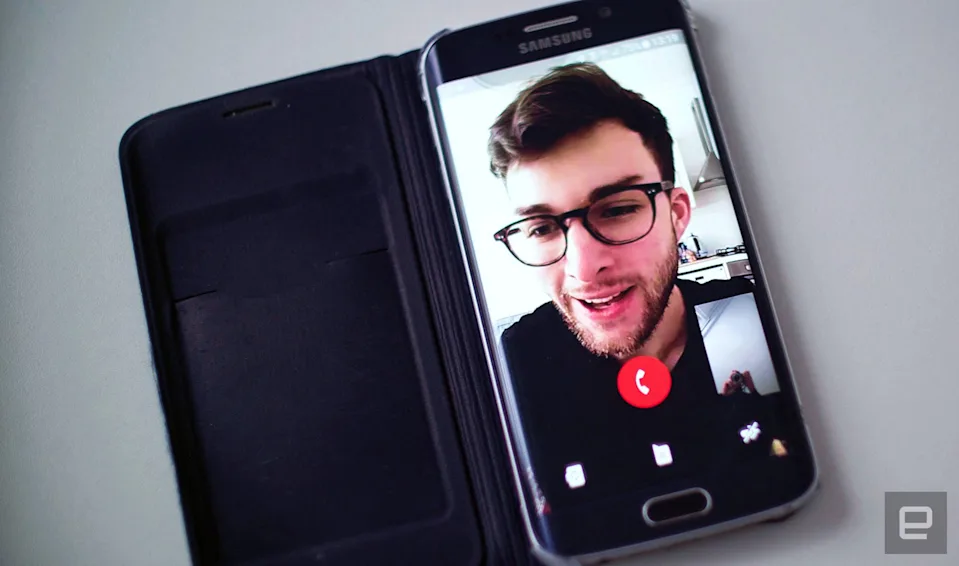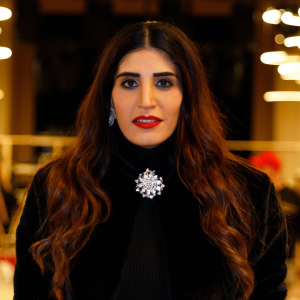The Daily Struggle of Staying Connected
For many people living in Dubai, home is not just a place—it’s a person, a voice on the phone, a video call with a mother or a child halfway across the world. But what if those simple calls were blocked?
That’s exactly what millions of expats face in the UAE, where popular VoIP services like WhatsApp, FaceTime, and Skype are restricted. For families separated by continents—like those living in Dubai and their loved ones in Canada—this is not just inconvenient. It’s heartbreaking.
Still, where there’s a challenge, there’s always a workaround. And for these resilient individuals, that workaround is a VPN.

What is a VPN—and Why It’s a Lifeline
A Virtual Private Network (VPN) helps users connect to the internet securely and privately by routing their traffic through servers in other countries. This allows them to bypass internet restrictions—like the ban on WhatsApp calling in the UAE.
For someone in Dubai wanting to call a sibling in Toronto or a parent in Vancouver, using a VPN has become a daily lifeline.

People aren’t just using VPNs to stream shows or browse freely—they’re using it to hear a loved one’s voice, see a child’s smile, and keep love alive across borders.
Meet Aisha: A Voice That Crosses Oceans
Aisha, a 34-year-old HR executive from Pakistan, has been living in Dubai for six years. Her mother lives alone in Mississauga, Canada. The only way they used to speak daily was over WhatsApp calls—until one day, those calls stopped working.
“I cried for two days,” Aisha says. “My mother is old. She doesn’t know how to use Zoom or Skype. WhatsApp was our only connection.”
Aisha discovered a reliable VPN through a friend. It was easy to install, and suddenly, her WhatsApp calls were working again. Now, they talk every morning like clockwork. “I help her with medicines, recipes, or even just sit and listen. It’s like I never left.”
Why WhatsApp Calls Are Banned in the UAE
The UAE has banned most free VoIP services like WhatsApp and Skype due to telecom regulations and licensing issues. Official services like BOTIM or C’Me are licensed but often come with subscription fees, lower call quality, or limited access across platforms.
This makes VPNs the go-to solution for many residents, even though their usage for VoIP calls technically exists in a gray legal area.

Samir and Laila: Long-Distance Parenting
Samir and Laila moved to Dubai for better job opportunities, leaving their two young children in the care of their grandmother in Montreal. Every night, they would call their kids over WhatsApp to read them bedtime stories.
“We tried BOTIM,” Samir says, “but the kids didn’t like it. It lagged and dropped calls. Then we found a VPN that worked beautifully.”
For the couple, a simple app has restored normalcy in an otherwise challenging lifestyle. Despite being thousands of miles away, they’ve not missed a single bedtime since.
The Emotional Toll of Disconnection
Being away from family is hard. Being unable to communicate with them makes it even worse.
Expatriates in Dubai often battle with isolation, culture shock, and the pressure to succeed in a competitive environment. The ability to talk freely with their family is more than convenience—it’s an emotional anchor.
VPNs may be a technical solution, but in reality, they’re emotional enablers.
Is It Legal to Use a VPN in Dubai?
This is a common question. Yes, VPNs are legal in the UAE, but using them to access banned services for illegal purposes is not. Many users install VPNs for privacy, data security, or to access geo-restricted content.
However, when it comes to using a VPN for WhatsApp calling, it falls into a legally sensitive space. Authorities may overlook casual personal use, but using VPNs for commercial or fraudulent purposes is strictly punishable.
So, the key is to use VPNs responsibly and privately.
Choosing the Right VPN: What to Look For
If you’re considering using a VPN in Dubai to call loved ones in Canada, here’s what you should look for:
- No-logs policy: Ensures your activity isn’t tracked.
- Fast speeds: Crucial for video and voice calls.
- Strong encryption: To protect your identity.
- Multiple server locations: Choose servers in Canada or Europe for the best quality.
- Compatibility with WhatsApp: Not all VPNs support VoIP services smoothly.
Some popular VPNs among Dubai residents include NordVPN, ExpressVPN, Surfshark, and CyberGhost.
Amir’s Story: From Loneliness to Leadership
Amir, a 42-year-old engineer from India, remembers how disconnected he felt in his first year in Dubai. “It wasn’t just the blocked calls. It was feeling invisible.”
He eventually discovered a VPN and started reconnecting with family. But more than that, he joined expat communities, shared VPN tips, and helped newcomers get set up.
Today, Amir runs a small blog helping expats with tech hacks to make their Dubai life easier. “It started with missing my wife’s voice. Now it’s grown into something that helps thousands,” he smiles.
The Bigger Picture: Connection Is a Right, Not a Luxury
Behind every blocked app is a real person longing for connection. Expats in Dubai are working hard, sending money home, raising families across continents, and building better lives—not just for themselves, but for generations.
VPNs may not be the perfect solution. But for now, they’re giving people back something precious—the power to stay connected, to love, to belong.
Final Thought: Breaking Barriers, Not Laws
The ban on WhatsApp calls in the UAE isn’t going away anytime soon. But for thousands of people with families in Canada and elsewhere, VPNs are more than tools—they’re bridges.
Whether it’s a mom talking to her daughter in Toronto, or a father reading bedtime stories to kids in Quebec, the human need for connection will always find a way.
And in a digital world full of barriers, sometimes it’s the quietest hacks that carry the loudest hopes.
Do follow UAE Stories on Instagram













